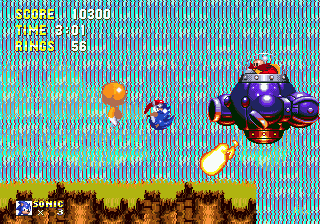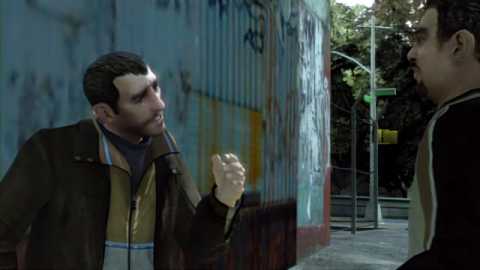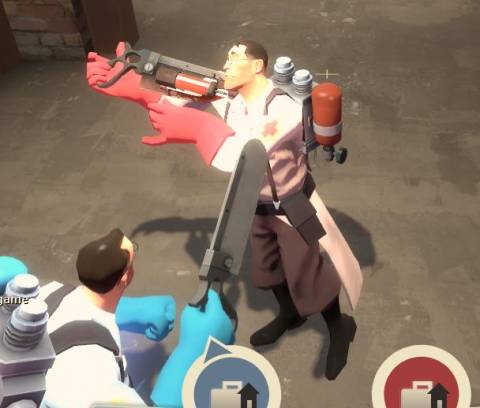A lot of people who read that particular blog about Persona 4's impact on me might conclude that I value a good story over gameplay, but at the end of the day, my biggest concern when playing a game is whether it takes all of the components which uniquely make it a game and create a cohesive and, ideally, great experience. Persona 4 could still have that great story, for example, but if it didn't have equally engaging gameplay, I would have probably been less inclined to invest the 63 or so hours I put into that game. It is, at heart, a game and I need that extra incentive in the gameplay department to keep me going so I can still have fun in-between major plot points. Sure, the intrigue of the plot can be a motivator in and of itself, but because I need to actively participate in the proceedings so as to move things forward, I still need good gameplay mechanics on top of an engrossing storyline to keep me satisfied. If Persona 4 were merely a movie, then it'd be a lot easier to sit back, bask in the plot, and say that story is all I need since I don't have to do anything to get from start to finish. But because I do, I want that optimal combination of a great story and equally great gameplay so I can come out entirely content with a game.
That isn't to say, however, I always need a good story to still have a really good time with a game. Indeed, if a developer makes something which is just plain old fun and didn't do anything to provide a backstory or a context for why I'm doing it, then chances are I'm still on board. Rhythm Tengoku, a GBA from the WarioWare team, is among my all-time favorites on that portable and it has absolutely nothing in the way of a storyline. The music gameplay is more than good enough for me to still have a great time with it and this is again because I find that it takes the qualities that uniquely belong to games and embraces them in such a way that they make for a wonderful experience. It simply turned out that story wasn't integral to fulfilling that mission for Rhythm Tengoku.
I believe what I'm essentially trying to say is that the most memorable games, the ones I'll look back upon fondly years after I've beaten them, are the ones who have a clear vision about what they want to do and they follow it through to the very end. I've found that virtually all of the games I can still recommend to this day have this trait where I get a clear impression of what the development team wants to do with their game and they don't compromise on that vision at all. If that means crafting a great story like Persona 4, then that's really great. Like all people, I enjoy good tales and I don't mind if a game compels me to reflect a bit. I enjoy the philosophical edge that such games can wear proudly. But if that means just going for something really fun and the developer does everything in its power to allow you to have a great time with their game, regardless of how unorthodox it might be, then I have an equal chance of falling in love with such a game, too. It's the flexibility that you can find across the spectrum of creators and developers that I think is why I really love games more than any other medium, because that trait means that those of who play them don't have to compromise on anything. We just have to look for a good time and, eventually, it'll come to us.
(Edit: Good god I'm sleepy if I used "bored" instead of "board.")





Log in to comment